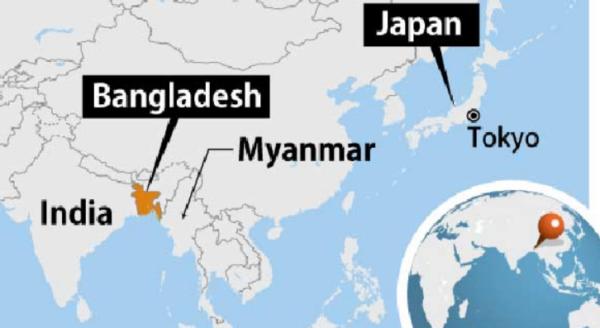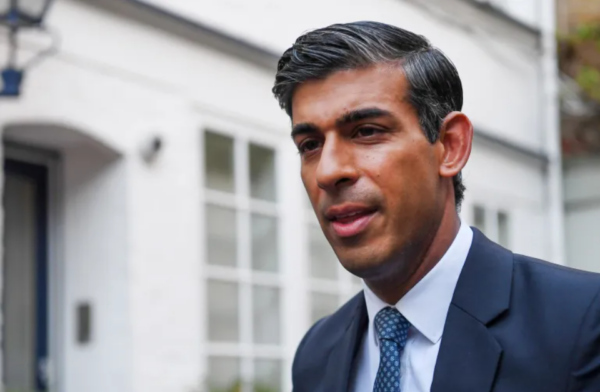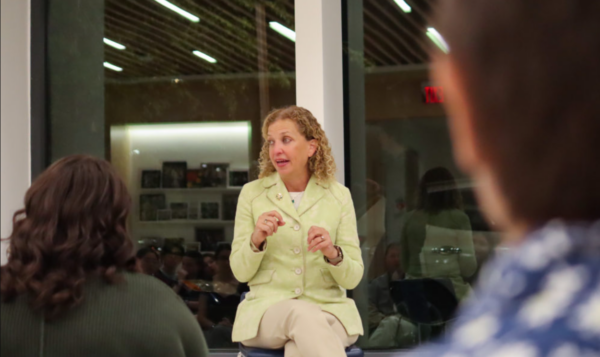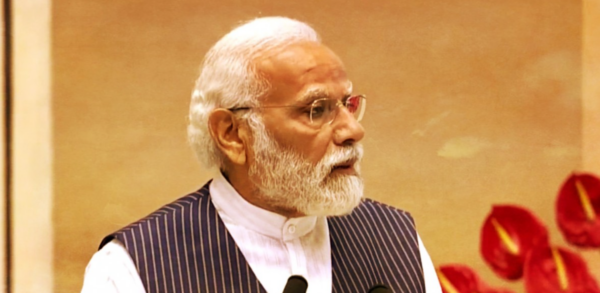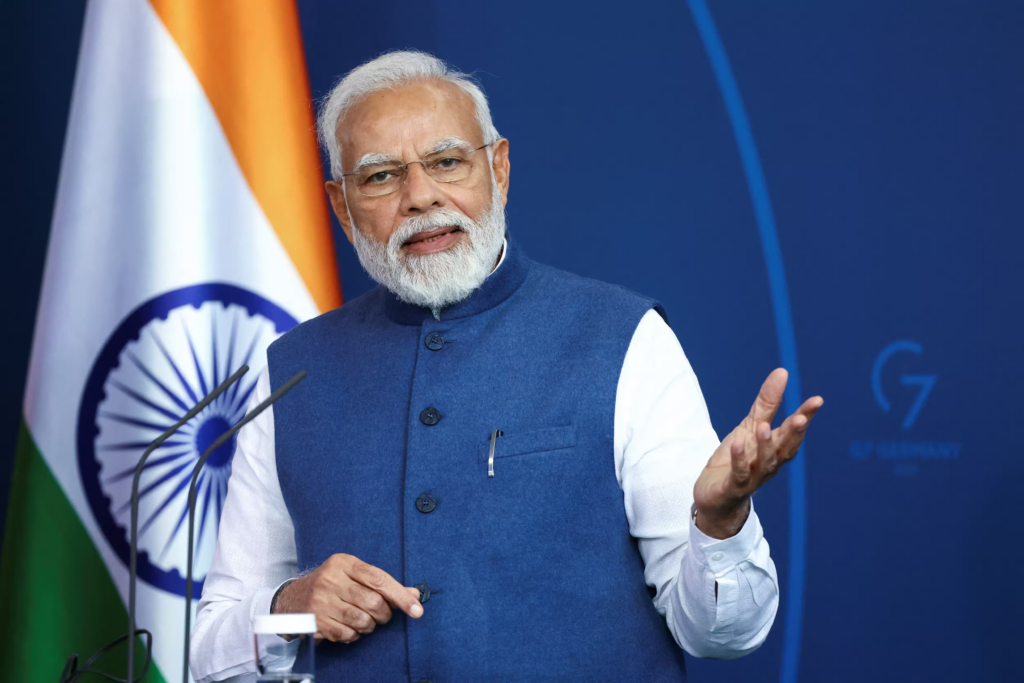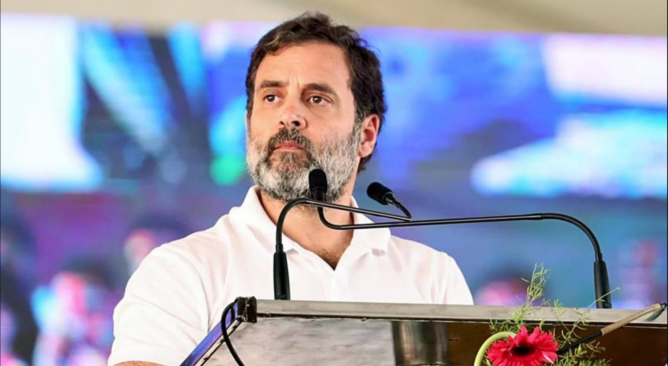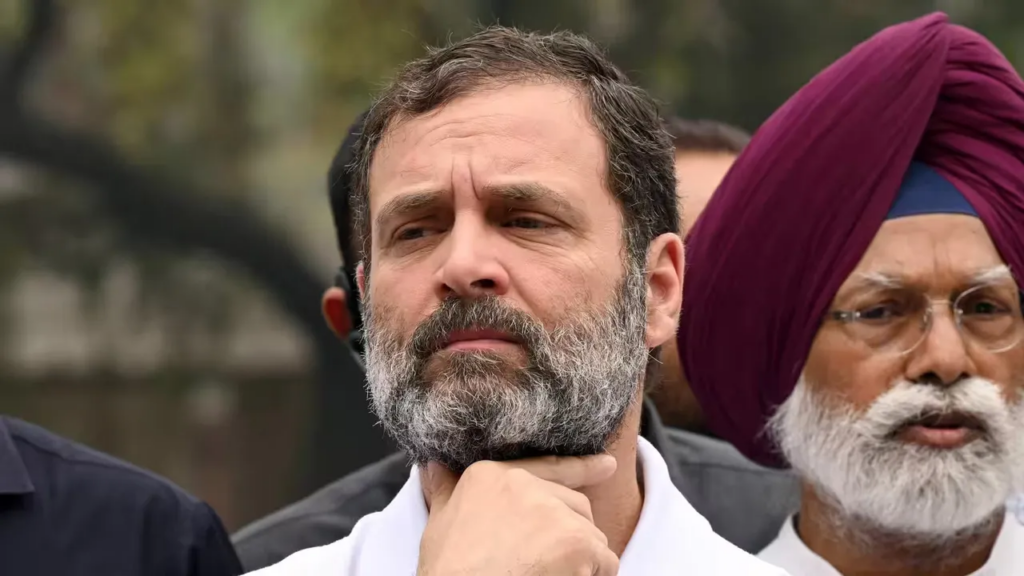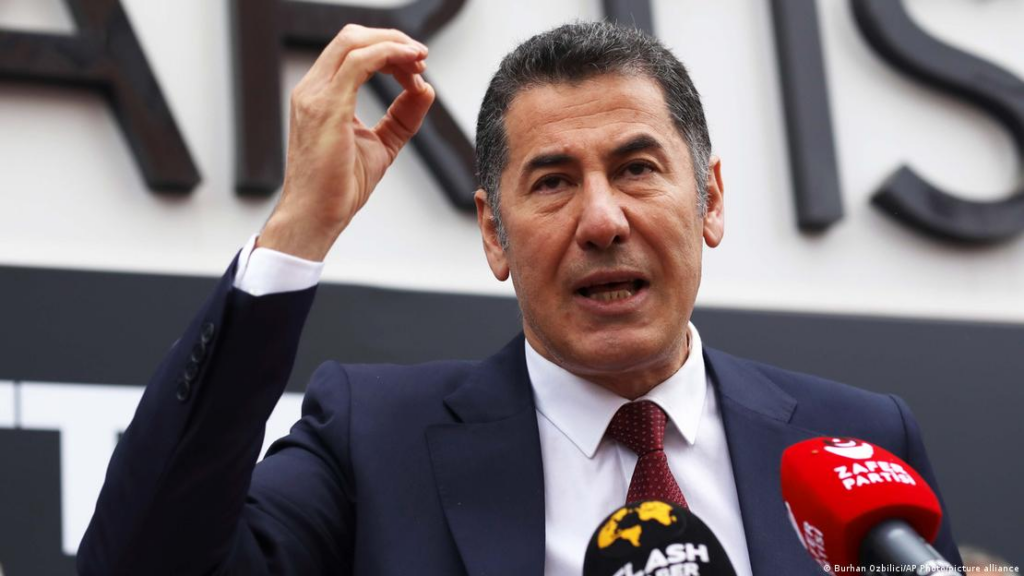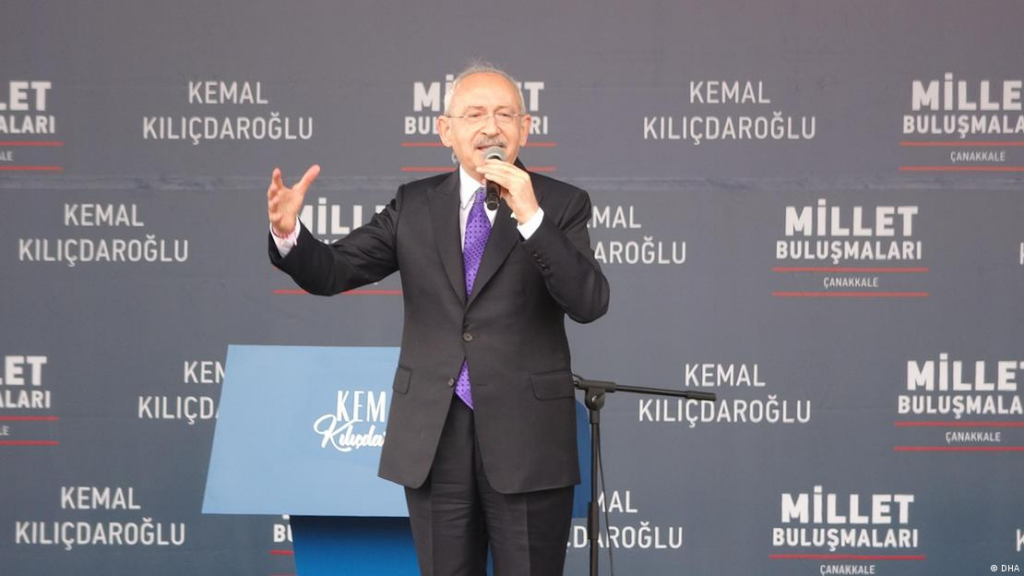First, gender equality in public engagement and institutional representation. Second, public policy reform to eradicate patriarchy. Finally, to reform politics around everyday life, relationships, communities, and the common good.
Feminization of politics goes beyond simply increasing the number of women in politics to challenge and restructure a patriarchal institution long believed to be a masculine prerogative to lead.
Feminization of politics emphasizes gender balance, inclusion, and participation of women in policy-making and representational institutions. It’s about tackling patriarchal privileges and transforming institutions, behaviors, and discourses for women’s equality.
Women finally got the vote after a long and hard-fought fight in the 19th century.
Men have dominated politics since the Westphalian modern state system began. After 19th-century women’s suffrage campaigns won the right to vote, women were neglected and barred from politics and electoral involvement. Modern feminism’s foundation is women’s political equality.
It emphasizes a feminist political strategy that builds political power from the bottom up rather than relying on patriarchal state institutions and political parties to incorporate feminist ideas into mainstream politics. This would give feminist mobilizations a clear path to an inclusive, participatory, and non-discriminatory political discourse.
Women’s political participation boosts women-focused problems. Sustainable gender equality and high-functioning democracy require it. Gender-sensitive governance improvements require women’s direct participation in public policymaking.

17 countries have female heads of state and 19 have female heads of government, according to UN Women. 22.8 percent of Cabinet ministers are women. 22 states have less than 10% women in single or lower dwellings, including one with no women.
UN Women estimates that gender parity in top leadership will take 130 years to achieve at the current rate.
Why should women have political representation and how would it impact politics? Justice, pragmatism, and difference support women in politics.
The fairness argument is that men monopolize politics and representation, which is unfair.
The pragmatist perspective holds that women have experiences, abilities, and proficiencies that can improve political processes and better understand women-centric concerns and issues.
The difference argument argues that women deserve equal involvement and representation in public places and should not be sidelined in politics based on gender.
Women politicians and candidates face many social, political, and cultural difficulties, explaining under-representation.

Women lack resources to enter politics. Women are poorer and less likely to work in political-activist jobs. Second, lifestyle constraints mean women have less time to engage in politics meaningfully. Women spend time on family and children, lowering productivity.
Masculine politics is combative and sexist. These obstacles impair women politicians’ utilization and political aspirations.
Obstacles show the political and electoral infrastructure. Party government and the electoral system limit political office alternatives. Only political parties with Parliamentary seats can apply. Parties, not voters, choose political representatives under this system. Political parties have neglected to nominate women for winnable Parliamentary seats despite studies showing that voters do not penalize women candidates.
Cultural elements indicate women’s poor socioeconomic conditions and structures, especially in underdeveloped nations. Inability to meet candidacy standards, lack of education, age, and other stereotyped issues hinder women’s political careers.
Parliamentarians are typically socioeconomic elites recruited from low-female vocations. They are also well-educated and generally from powerful political backgrounds. Women are concentrated in “traditionally feminine” jobs, which discriminates against them. They rarely hold high-level economic positions dominated by men, where men develop political leadership skills.
Things need to improve due to the lack of female political leadership. Political parties worldwide have implemented three key initiatives to increase female political engagement;
Positive action tactics that boost women’s chances of selection through specific training and candidate mentorship. Mainstream political party leaders typically emphasize the importance of women in politics. Positive discrimination quotas for women in decision-making bodies, panels, etc.
Feminization of politics may seem lofty, but with actual, genuine efforts, it may be achieved. Mainstream political parties must first raise finances to educate and promote women candidates. Women seeking for public office should get government funding to cover operations and party activity costs.
All political parties must have 30% women. This removes institutional and capability barriers to women in politics.
Third, to prepare for future elections, women’s organisations should develop a pool of female politicians, including previous and current MPs, leaders of state, etc. After the pool is developed, potential candidates should be trained to handle challenging situations and political activity.
Finally, political parties must increase female MPs’ activities. Women are less likely to hold high party roles and influence priorities and decision-making. Women lawmakers could lead and direct policy-making discourses via a gendered lens and nominate more women to senior political positions by increasing their activity and nominating more women to high-ranking offices.

Feminizing politics takes time and skill. It takes time to integrate into society’s socioeconomic fabric. Gender mainstreaming is one way to eliminate gender bias in public efforts. The political will of policymakers to implement it is rarer.
Municipal politics is a better place to start increasing female participation since everyday practices change. Women’s political participation is crucial to their empowerment.
Thus, affirmative action should prioritize compensating justice for underrepresented women.




